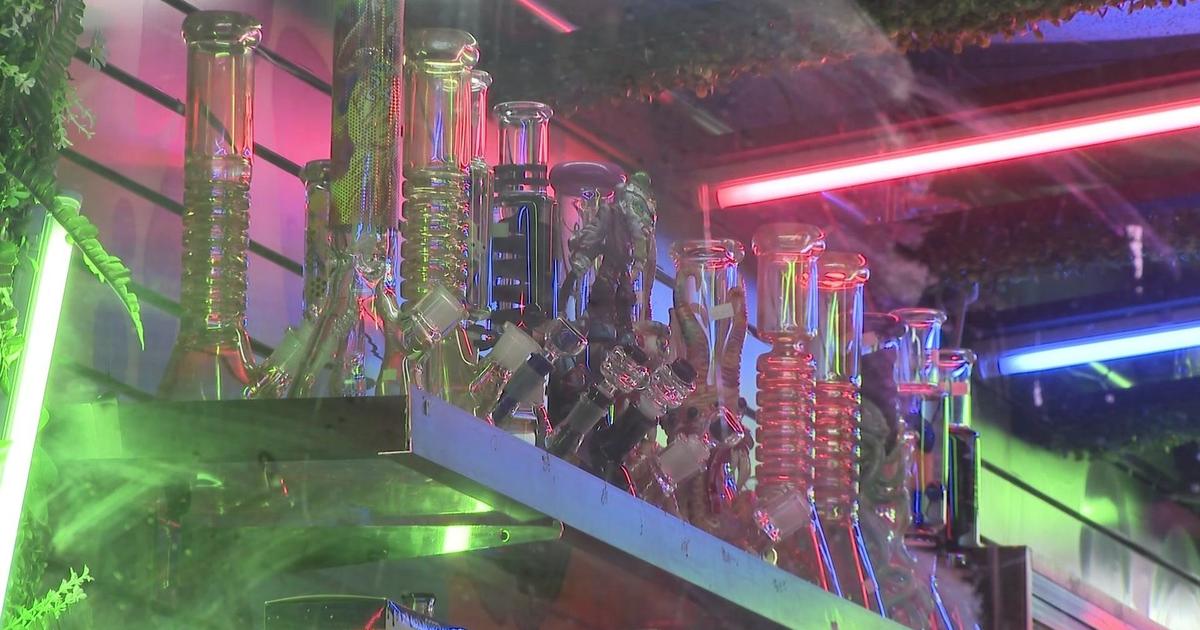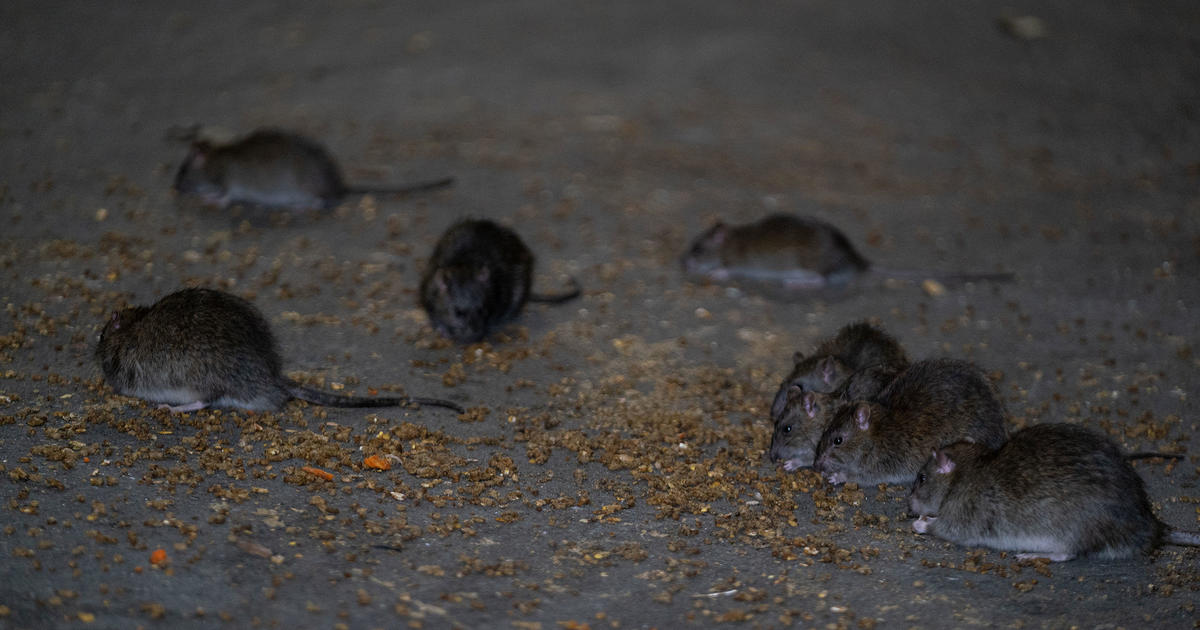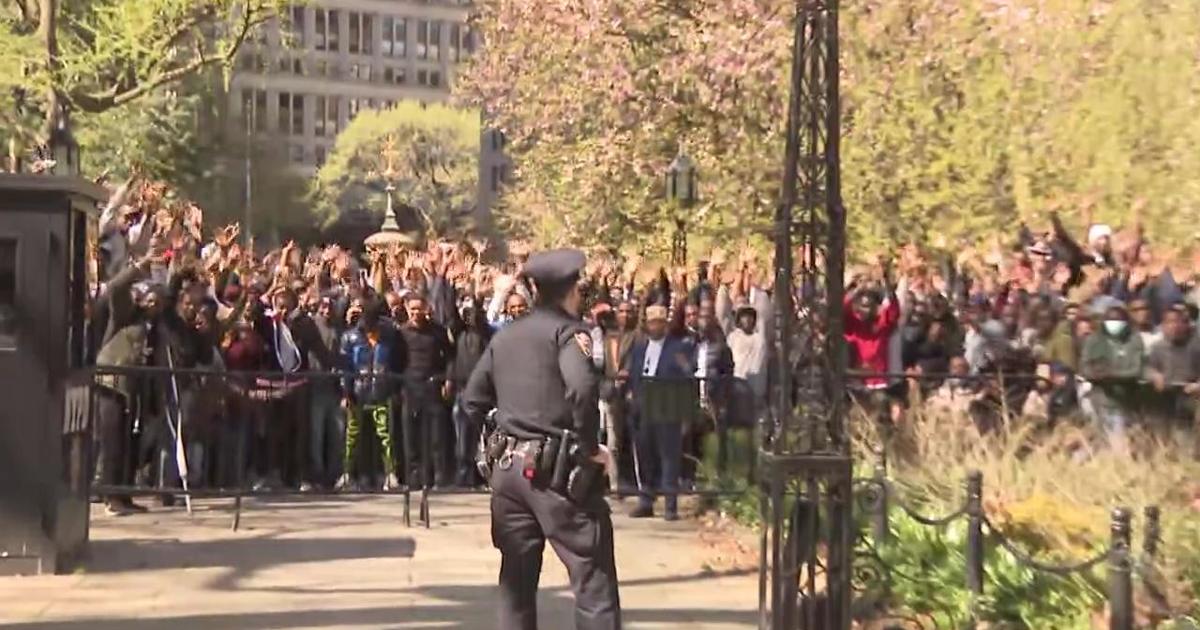City Council Goes After NYPD's DNA Database Of 32,000 New Yorkers, Its Secret 'Genetic Stop And Frisk' Files
NEW YORK (CBSNewYork) - The NYPD is reviewing its DNA database after thousands of the samples were collected secretly and include people who are no longer considered suspects in violent crimes.
CBS2's Aundrea Cline-Thomas was at a city council hearing where the NYPD's top brass had to defend policies.
Investigators collected DNA evidence from at least 300 men in the 2016 murder of jogger Karina Vetrano in Howard Beach. Chanel Lewis was convicted of her murder last year.
The DNA profiles of the other men who are no longer suspects remain in a database that's utilized to provide leads in other crimes.
"This is an investigative tool that's helped make this one of the safest big cities in the country," said NYPD Chief of Detectives Rodney Harrison.
That tool received an onslaught of criticism from city council members.
"The government shouldn't be stealing its citizens DNA," said Donovan Richards, chair of the Public Safety Committee. "Even if they don't arrest you, even if you don't match the evidence in the case they suspect you of, you will still go into a database."
The database has the genetic codes of 32,000 people who are or were suspects in violent crimes.
Of them, more than 1,500 are juveniles and police said at least half of the samples were collected secretly without consent.
"Individuals are duped into drinking from a water bottle or smoking a cigarette in a station house which is then tested," said Rory Lancman of District 24.
In an effort to reform its policies the NYPD is purging the DNA profiles that are more than two years old and have not provided any hits.
Consent forms will provide more details, and parents or guardians of juveniles will be notified before DNA is collected.
Council members say the changes don't go far enough, and other law enforcement agencies provide more protections.
The state also has a DNA database but it is governed by different rules. It only includes people who have been convicted of felonies and other serious crimes, and it does not include juveniles.
The NYPD stresses its practices are legal, while critics call it "genetic stop and frisk."
The City Council is considering laws to provide more oversight.
The medical examiner oversees the database, and people can call them to see if they have their DNA profile.



